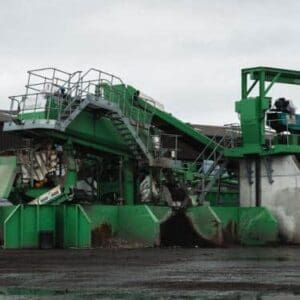What is a Gully?
Gullies are drain grates seen in the gutters on the side of the road. They take rainwater away from the road and into the drainage system. Gullies can sometimes be known as “interceptors”.
Where do you Find Them?
They can be found:
- On roads and highways
- In car parks and airports
- As a drainage tool in any areas where water can build up.
Why do they Need to be Cleared?
Gullies are often clogged with fallen leaves, litter and grit. It is important to remove this to prevent flooding.
More gully maintenance is required in the autumn due to leaves falling from the trees and the greater amount of rain.
How do They Work?
There are various methods used to clear the gullies. Historically, it was done manually which was both time consuming and messy! However, in this day and age the most common method is by using a suction tanker.
Tankers are sent to clear the gullies and use a suction hose to extract the debris from the drains. They are then able to decant the water back into the drain network and dispose of the waste material.
What Happens With the Waste?
Every year in the UK, approximately one million tonnes (half a million cubic meters) of road sweepings & gully waste ends up at landfill.
Eco have invested in an alternative option – a state of the art Gully and Street sweeping recycling plant!
What is the Recycling Process?
Our state of the art CD Enviro Gully plant, processes, washes and recycles 98% of all road sweeping and gully waste. We looked at several plants when planning for this and the CD Enviro plant was the most suitable for our site.
It also had the added advantage that the Environment agency liked the process and were happy with the end out puts!
What are the End Outputs?
From inputs of street sweepings and gully waste (EWC: 20 03 03) we are able to wash, process and separate a sand and aggregate fraction, both of which are suitable for re-use. This typically accounts for 75% of the material.
There is also an organic and light weight material which is dewatered and then composted. Sadly, once composted, this material can only be classed as a CLO (compost like output) so is only suitable on restoration projects. Organic content normally accounts for 20% of the material.
The remaining 5% of material is a flocculated sludge which is dewatered. The water is recovered and reused and the remaining sludge has to go to landfill.
How Can you Help?
If you see a gully that’s blocked – let your local authority know.
Alternatively, if you are from the Commercial sector – get in touch, we’d love to help recycle your street and gully waste.
Click here to find out more about Eco’s efforts at street cleaning.
